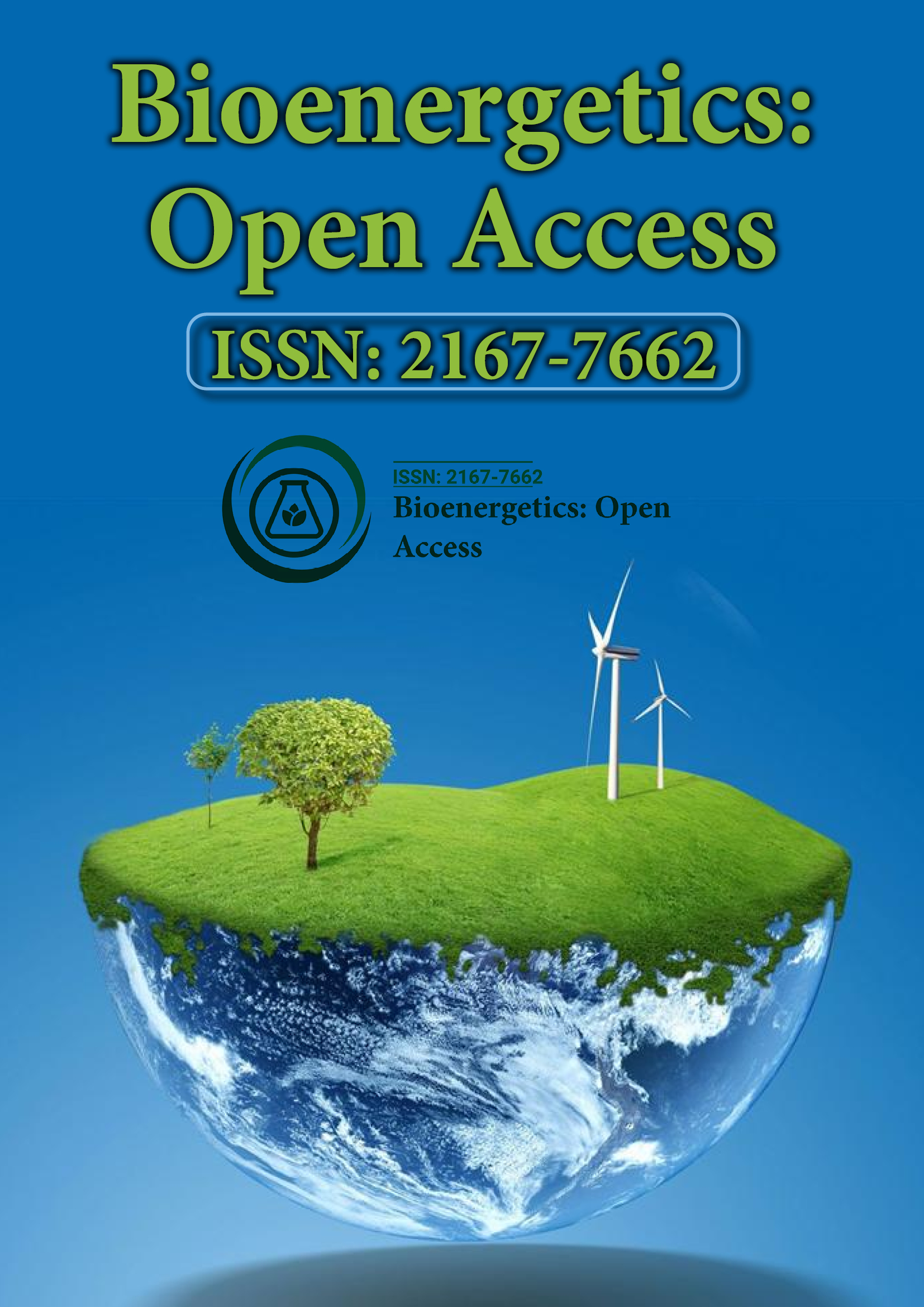Indexed In
- Open J Gate
- Genamics JournalSeek
- Academic Keys
- ResearchBible
- RefSeek
- Directory of Research Journal Indexing (DRJI)
- Hamdard University
- EBSCO A-Z
- OCLC- WorldCat
- Scholarsteer
- Publons
- Euro Pub
- Google Scholar
Useful Links
Share This Page
Journal Flyer

Open Access Journals
- Agri and Aquaculture
- Biochemistry
- Bioinformatics & Systems Biology
- Business & Management
- Chemistry
- Clinical Sciences
- Engineering
- Food & Nutrition
- General Science
- Genetics & Molecular Biology
- Immunology & Microbiology
- Medical Sciences
- Neuroscience & Psychology
- Nursing & Health Care
- Pharmaceutical Sciences
Abstract
About New Approaches for Enhancing Phytoremediation Effectiveness
Tamar Varazi
The complex mechanical way to deal with the quick expulsion of ecotoxicants from environments is an earnest issue for all nations. The advancement of water remediation techniques for the evacuation of substance impurities is a difficult issue. One of the techniques to clean synthetically dirtied waters is utilizing of green growth (the alleged Phycoremediation). (Spirulina platensis) ought to have possibilities for phytoremediation of waters dirtied by various poisonous mixes. Assessment of environmental capability of Spirulina, specifically, its resistance and detoxication capacity towards natural ecotoxicants and substantial metals, is the oddity in circle of explores in xenobiochemistry. As of late escalated investigation of defiled territories has uncovered exceptional property of microorganisms living in these zones. The cycles of microorganism’s biostabilization of solvent types of dangerous poisons can be utilized for bioremediation of soils, sullied by oil, Pesticides, weighty metals and radionuclides. Observing of bacterial consortiums in polluted districts will empower to evaluate ahead of time the degree of local bioremediation and in like manner recommend a system of detoxification. For this reason we have built up the phylogenetic oligonucleotide low-thickness biochip dependent on the 16SrRNA qualities successions.
Published Date: 2020-11-26; Received Date: 2020-11-04

